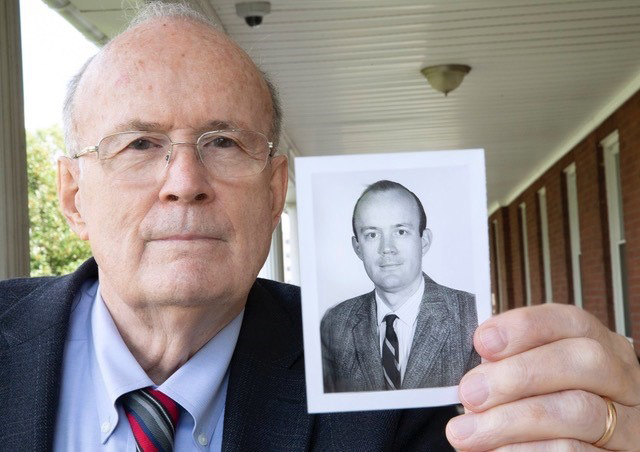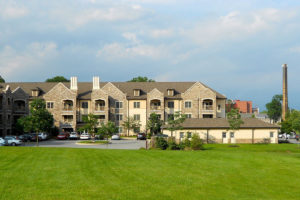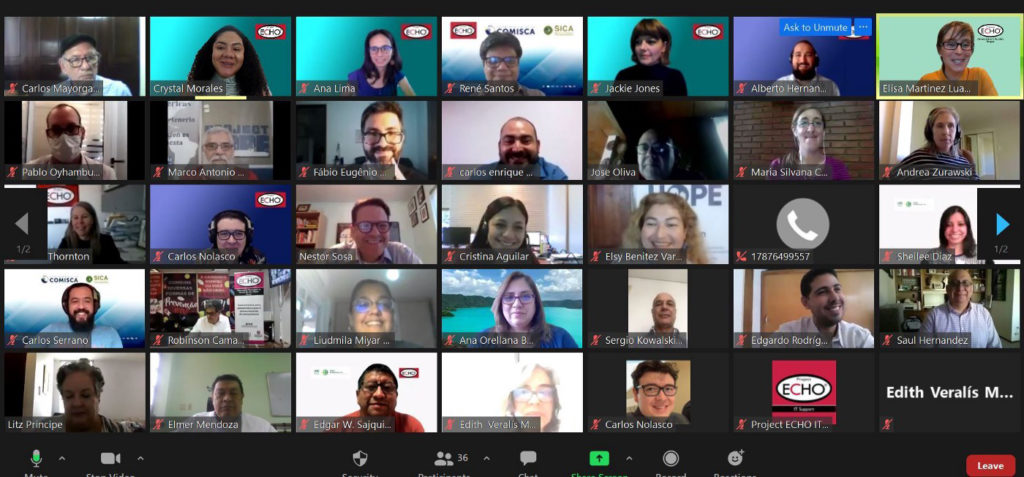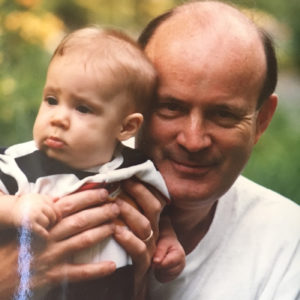In a Pa. retirement community, one doctor hones his medical knowledge of COVID-19 via Project ECHO

Published by Project ECHO on Nov. 9, 2020
View original source
At 84 and only semi-retired, Cheston Berlin, MD, is still active in the medical world — and still looking for ways to stay on top of the latest medical developments and best practices.
Although he no longer sees patients, he keeps his medical license up to date. He participates via Zoom in a regular Tuesday morning grand rounds convened by the pediatrics department at Penn State Health Milton S. Hershey Medical Center, where he’s worked for 50 years.
And when he received an email inviting him to join the COVID-19 ECHO program offered through Penn State College of Medicine, he signed up right away. In fact, he participated in 33 of the 35 COVID-19 sessions, missing only two because of scheduling conflicts.
“As a doctor, I wanted to know how to protect myself and the people I live with and the people in my department,” Berlin said.

Masonic Village in Elizabethtown, Pa.
When the community’s campus closed to outsiders on March 30, many residents became anxious. Some people are upset that they cannot have visits with family members; others are concerned about maintaining their mental health during the pandemic. Still others want to know whether their health conditions place them at increased risk for getting sick from the new coronavirus.
Answering Common Pandemic Questions
Participating in ECHO has “helped me to explain to them why we have to continue wearing masks and social distancing,” Berlin said. And it’s kept him in the know on the latest treatment protocols and emerging best practices.
To date, only one Masonic Village resident has tested positive for COVID-19 and five of its 1,400 employees. “That’s because the administration here has been very disciplined about face masks, social distancing, hygiene, meal delivery and halting person interactions,” Berlin said.
Berlin said he’s enjoyed the ECHO sessions and has found the speakers and content to be informative and accessible. He noted that “the enthusiasm of the speakers and the organizers was quite infectious.” (His only criticism was what he perceived as an excessive use of acronyms.)
A COVID-19 ECHO session

A COVID-19 Project ECHO session
He sees many benefits to the kind of virtual learning and mentorship provided by the ECHO model — especially now. “This is an ideal time to expand ECHO-type learning because big medical conferences will be a thing of the past,” he said. “That means there won’t be a venue anymore for continuing education.” He noted that he received 33 continuing medical education credits for participating in ECHO — which will help him significantly when it’s time to renew his medical license.
“And it was easy,” Berlin added. “I didn’t have to travel. I could do it almost on my own time. The sessions are all recorded, so if you miss one, you can go back and get it.”
A Role for ECHO in Medical Education

An old photo of Dr. Cheston Berlin with his granddaughter.
However, he added that he hopes virtual interaction won’t completely replace in-person interaction in medical education and mentoring. He noted that he’s still in contact with his longtime mentor, who’s now 100. And a medical student whom he mentored more than 40 years ago continues to call him regularly.
Would he continue to participate in other ECHO programs if they were available? Absolutely, he said.
Read more news from Project ECHO
If you're having trouble accessing this content, or would like it in another format, please email the Penn State College of Medicine web department.
